French soldiers killed in Burkina Faso raid to free foreign hostages
French forces have freed two French hostages as well as an American and a South Korean in northern Burkina Faso in a military raid that cost the lives of two soldiers, the French presidency said Friday, May 10.
The military operation took place overnight in a bid to free the two French tourists, identified as Patrick Picque and Laurent Lassimouillas, who disappeared in the remote Pendjari National Park in Benin on May 1.
French Minister for the Armed Forces Florence Parly identified the soldiers as Cédric de Pierrepont and Alain Bertoncello, both with the French Navy Special Operations Forces (Commandos Marine) deployed with Operation Barkhane.
They were part of the “Task Force Sabre” unit which is based in Burkina Faso.
Parly thanked authorities in Benin and Burkina Faso, as well as the United States for its “precious support” in the operation.
Four kidnappers were killed in the raid, the French army said, adding that the American military had provided intelligence.
It’s not clear which group was holding the hostages, but a number of militant organizations operate in the Sahel. Most attacks in Burkina Faso are attributed to the jihadist group Ansar ul Islam, which emerged near the Mali border in December 2016, and to the Support Group for Islam and Muslims (JNIM), which has sworn allegiance to Al-Qaeda in the Islamic Maghreb.
President Emmanuel Macron “wants to congratulate the French armed forces for the liberation of the hostages, and includes everyone who worked alongside them,” a statement from the presidency said.
“He bows with emotion and solemnity before the sacrifice of our two soldiers who gave their lives to save those of our citizens,” the statement added.
The identity of the American and South Korean hostages was not immediately known, but they were both said to be women.
“No one was aware of [the women’s] presence,” Parly told reporter.
“We know little about these other two hostages,” she said adding that even South Korea and the U.S. did not appear to be aware the pair were in increasingly unstable Burkina Faso.
U.S. Africa Command provided intelligence assistance for the operation, a spokesperson for the command told The Defense Post.
A spokesperson for the U.S. Department of State did not return a request for comment.
Macron approved the operation in what was seen as the last opportunity to stop the hostages being transferred to lawless territory in Mali to the north.
Parly said it was “too early to say” who had snatched the two French nationals from Benin, which has long been an island of stability in a region where Islamist militants are increasingly active.
“The message to terrorists and criminal gangs is clear: those who attack France and its nationals know that we will not spare any effort to track them down, find them and neutralize them,” she said.
French forces, helped by intelligence provided by the United States, had been tracking the kidnappers for several days as they travelled across the semi-desert terrain of eastern Burkina Faso from Benin to Mali.
The two French tourists and their local guide went missing earlier this month in the wildlife reserve some 550 km (340 miles) north of Benin’s economic capital Cotonou.
The vehicle they were traveling in was found just across the border in Burkina Faso, a security source said Sunday, but there was little more for investigators to go on.
The four-wheel drive Toyota car “was found without its occupants” and so “the kidnapping theory is being favored, he said.
The France 24 news channel, citing regional sources, reported that the body of the driver had been found and that he had been shot dead.
Benin is considered an island of stability in West Africa, a troubled region where many jihadist groups operate, but Pendjari lies on the porous and remote border with Burkina Faso, hard-hit by militant violence.
The recent unrest in the Sahel began in Mali in 2012 with Tuareg separatist uprising against the state, which was exploited by Islamist extremists linked to al-Qaeda who took key cities in the desert north.
France began its Operation Serval military intervention in its former colony early the next year, driving the jihadists from the towns, but the militant groups morphed into more nimble formations operating in rural areas, sometimes winning over local populations by providing basic services and protection from bandits.
The insurgency has gradually spread to central and southern regions of Mali, and across the borders into neighboring Burkina Faso and Niger. Large swathes of Mali remain outside government control, despite a 2015 peace accord designed to isolate the militant Islamists.
The French mission evolved in August 2014 into the current Operation Barkhane, which has 4,500 troops personnel deployed with a mandate for counter-terrorism operations across the Sahel region, with 2,700 soldiers in Mali to support poorly-equipped local military forces.
A total of 24 French soldiers from the Barkhane force have died in the region since 2013 when France intervened in Mali to drive back jihadist groups who had taken control of the north of the country.
The last death was announced on April 2 when a military doctor was killed in Mali when his armored vehicle hit an improvised explosive device during an operation in Gourma near the border with Burkina Faso.
With reporting from AFP

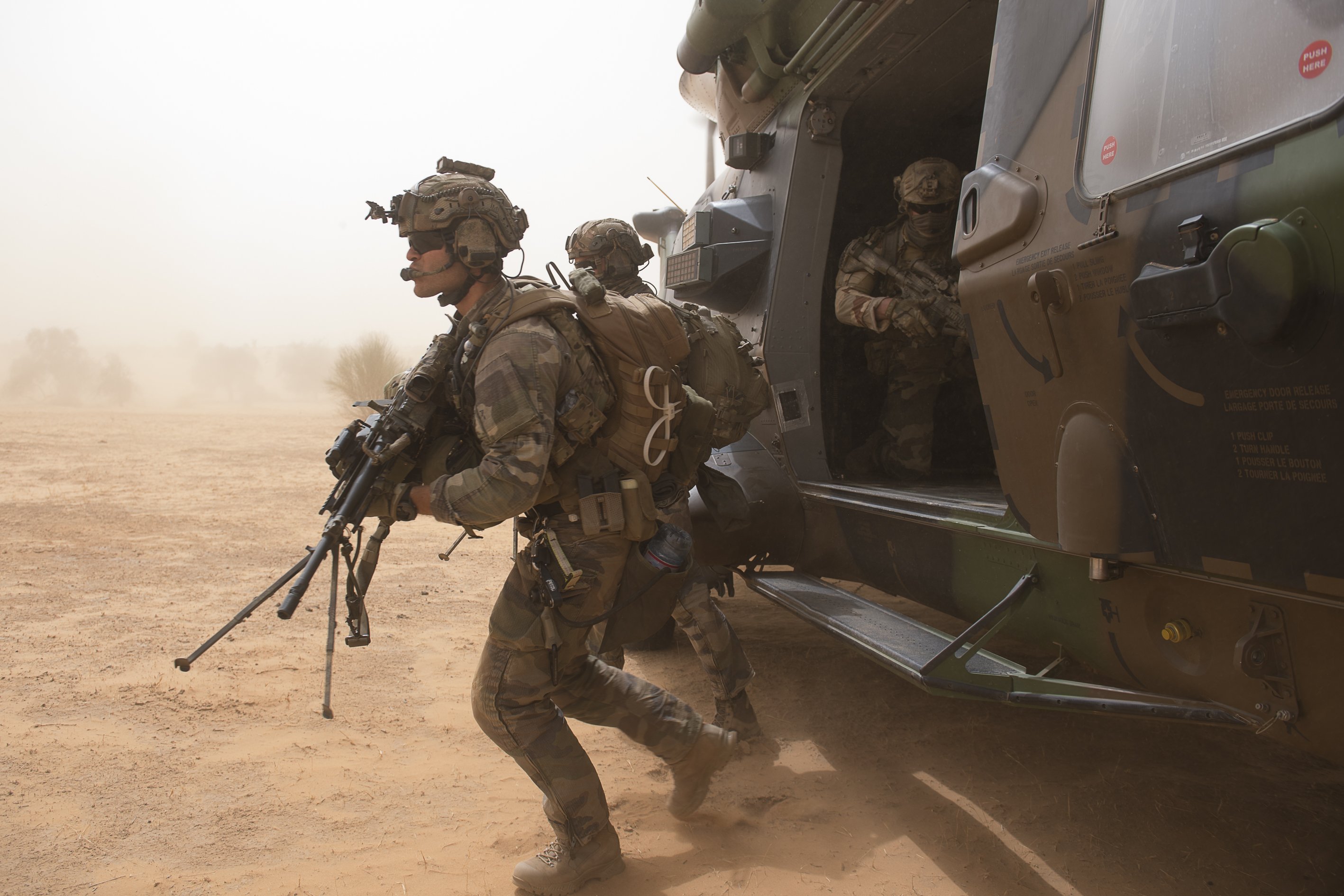
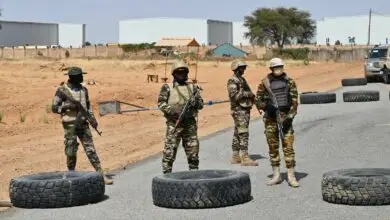

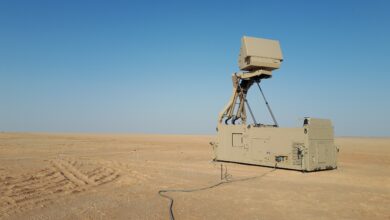
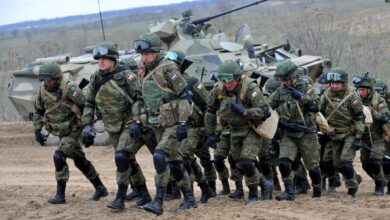

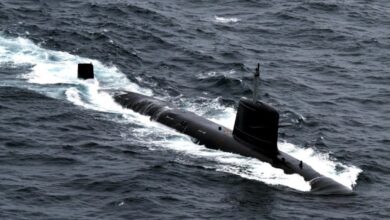
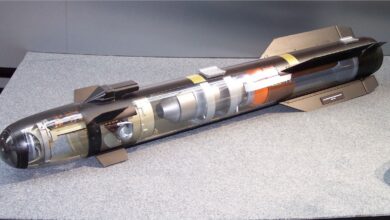

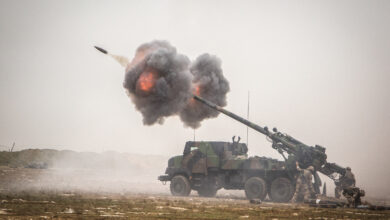

7 Comments